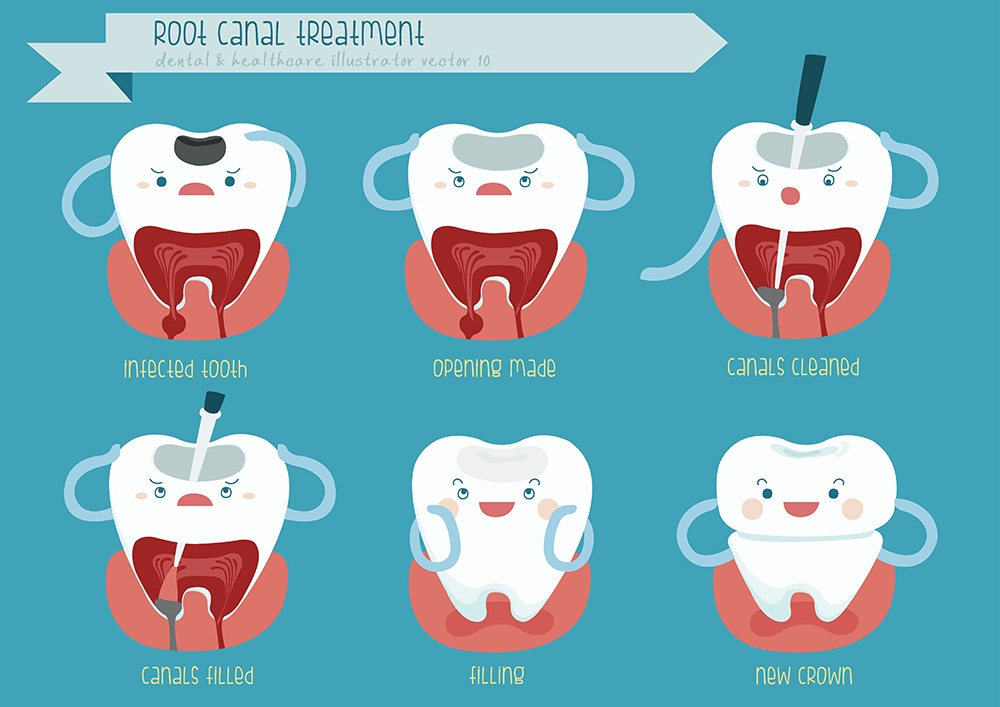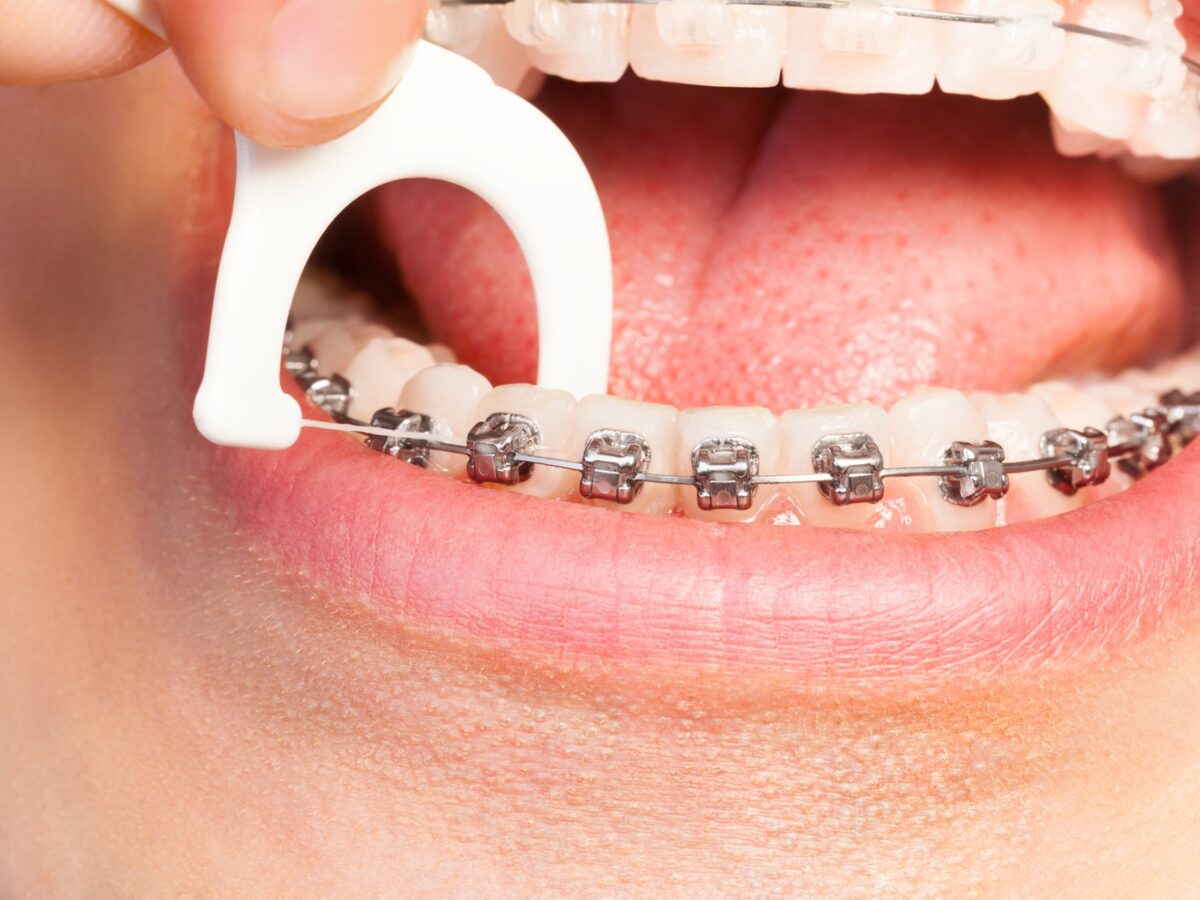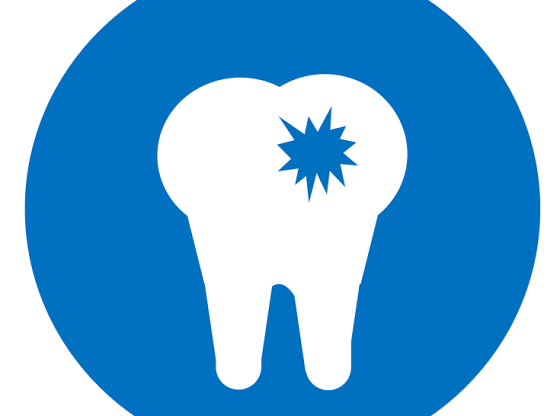Also referred to as endodontic treatment, “Root canal therapy” is a process used to remove a seriously injured tooth. When performed successfully, the treatment relieve serious pain and makes gums healthy. Additionally, it also helps protect the surrounding teeth from excessive wear and pain. Warning signs like an infected or inflamed teeth can easily be identified to help you understand whether you actually need a root canal or not. The most obvious sign is sensation in tooth, particularly to hot or cold objects.
Before starting the process, our dentists will numb the infected area to completely desensitize the nerve. Sometimes, a numbing gel is placed on your gums prior to injecting the numbing medication. This helps to reduce sensitivity. The first step in the process is the removal of damaged tooth. Our dentists use a drill to remove the nerve and pulp around the tooth.
The Need for Root Canal
When the pulp becomes infected, patients experience a lot of pain. There could be many other factors that contribute to inflammation and result in pulp infection. If the infection is left untreated, an abscess can form resulting in a lot of pain.
During the process, our dentist removes the infected pulp. It is then cleaned and shaped. Further, the area is filled and sealed. Once the process is completed, our dentist will place a restoration on your tooth to retrieve the functionality.
After the restoration is done, your teeth will continue to function naturally. The major objective behind opting a root canal is fixing the infected tooth without having to remove the entire tooth from your mouth. Therefore, a root canal therapy is the best way to preserve a lost, damaged or infected tooth in the best possible ways.
After the Treatment
Your tooth may be quite sensitive after the treatment. So, if you are struggling with pain, you may be prescribed over the counter medications. The tooth gone through root canal treatment might feel a little different for some time. If you continue to have a lot of pain or discomfort, you will end up visiting your dentist. If you get in touch with our team of dentists, you won’t have any more issues. We have an experienced team of dentists taking care of the oral health requirements.
Give us a call today to learn more about root canal or any specific concerns you would have in relation to oral health.
Book Appointment to find out which treatment might be best for you.







